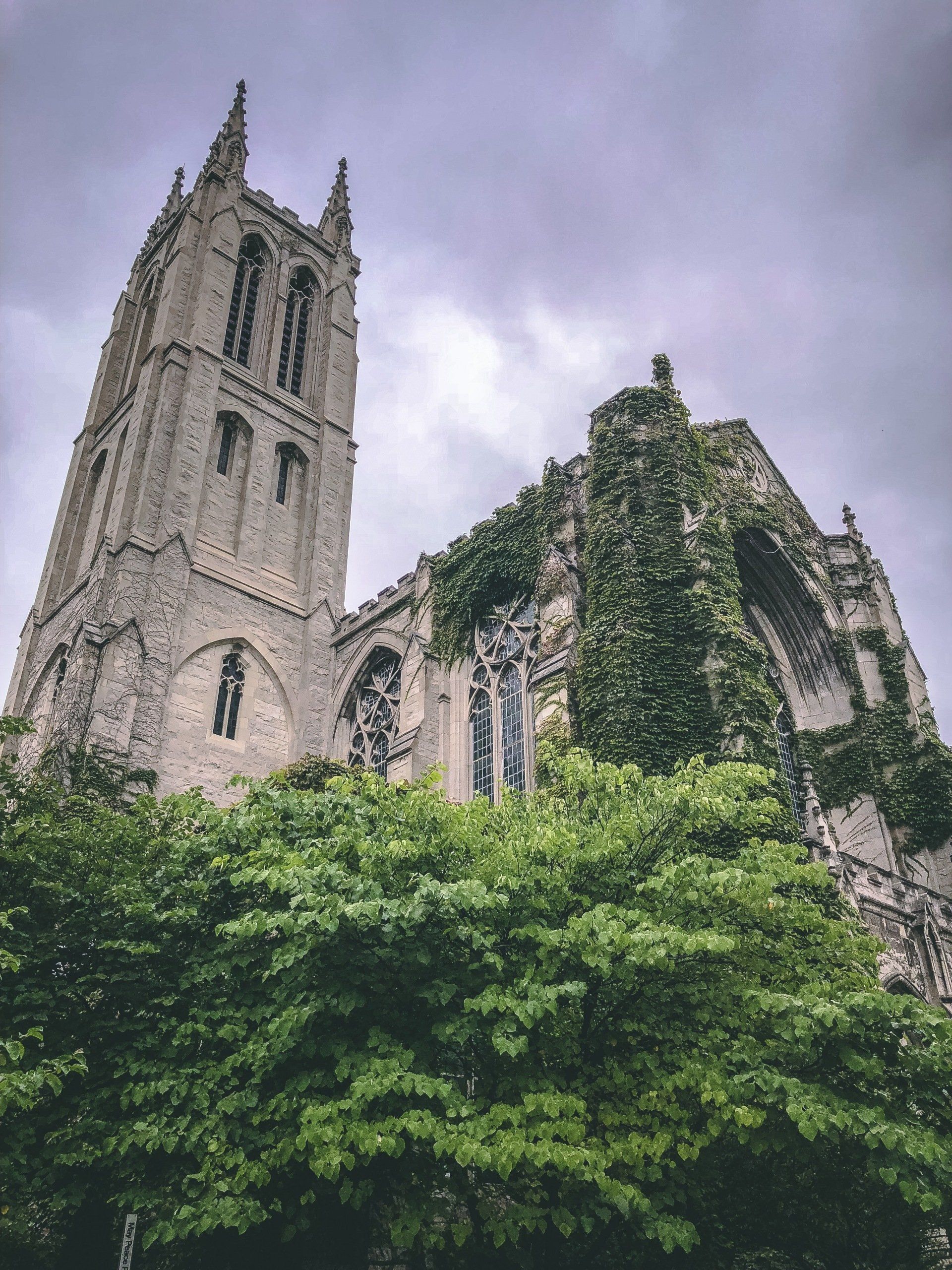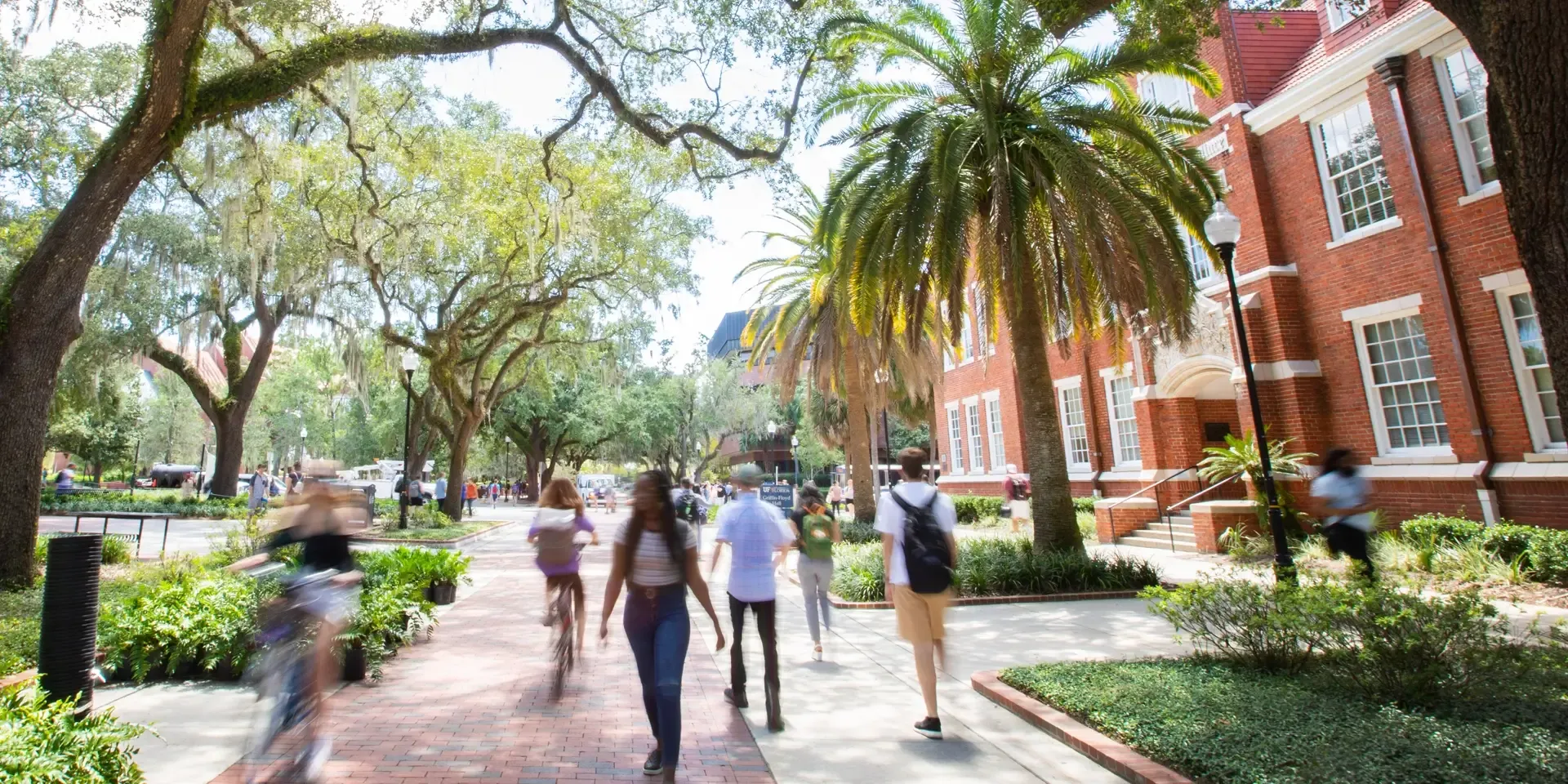Contact Us
Phone:
Email:
Location:
1234 Street Name, City, State 12345
Hours:
Mon - Fri 8am to 4pm
These universities are pushing back on censorious students. Finally.

By the Editorial Board
Washington Post
Sat, 04/29/2023 - 12:00 pm
In March, a Cornell University sophomore and member of the undergraduate student assembly saw a friend become visibly disturbed while reading “The Surrendered,” a Chang-rae Lee novel with a graphic rape scene. So she spearheaded a resolution that “implores all instructors to provide content warnings on the syllabus for any traumatic content that may be discussed.”
On the surface, this story has all the trappings of a wider phenomenon increasingly prevalent on American university campuses: the curtailing of academic inquiry, and sometimes even free speech, for the protection of perceived student “sensitivities” — invisible boundaries whose contours are never quite clear but almost always couched as barriers against “harm.” What happened next is cause for celebration: The Cornell administration immediately struck down this resolution, a welcome reminder that academic institutions have the power to defend their fundamental values — and are willing to use it.
“We cannot accept this resolution as the actions it recommends would infringe on our core commitment to academic freedom and freedom of inquiry, and are at odds with the goals of a Cornell education,” wrote Cornell’s president, Martha E. Pollack, and its provost, Michael I. Kotlikoff, in a letter rejecting the student assembly’s plea for trigger warnings. Although they did note, understandably, that “in some cases faculty may wish to provide notice,” an outright trigger warning requirement, they noted, “would have a chilling effect on faculty, who would naturally fear censure lest they bring a discussion spontaneously into new and challenging territory, or fail to accurately anticipate students’ reaction to a topic or idea.”
Across the country, a growing number of administrations and faculties at universities both private and public alike are beginning to do the same, waking up to the realization that academic freedom needs to be protected, and that student outrage on social media should not dictate university policy.
Earlier this month, Neeli Bendapudi, the president of Penn State, released a recorded statement defending her university’s embrace of controversial speakers. The Supreme Court, she reminded her viewers, has long held that public universities such as Penn State are bound by the First Amendment. But she also reiterated a moral reason to continue welcoming diverse, and even offensive, opinions: “For centuries, higher education has fought against censorship and for the principle that the best way to combat speech is with more speech.”
A similar defense is being waged at private institutions. At Harvard University, a group of more than 50 faculty members last month established the Council on Academic Freedom, a group “devoted to free inquiry, intellectual diversity, and civil discourse.” Vanderbilt University, likewise, announced last month that it would become the U.S. foothold for the Future of Free Speech project, an initiative of the Danish think tank Justitia. “For a university to do its work, faculty and students must have maximum freedom to share their ideas, assert their opinions, and challenge conventional wisdom — and one another,” said Vanderbilt Chancellor Daniel Diermeier in a statement.
It’s true, of course, that the social justice movement in general, spurred in part by the brutal killing of George Floyd in Minneapolis in the summer of 2020, has brought a much-needed change in perspective to the American academy, inspiring faculties to expand course offerings and hiring committees to seek out scholars from diverse backgrounds. But those changes, all necessary efforts to make more students feel welcome on campuses, have sometimes gone hand in hand with tacit limits on what can be said, questioned or even written in university settings.
According to “The Academic Mind in 2022: What Faculty Think About Free Expression and Academic Freedom on Campus,” a national survey of approximately 1,500 faculty members at four-year colleges and universities conducted by the Foundation for Individual Rights and Expression, a free speech advocacy group, one third of those polled feel they cannot express their opinions based on potential reaction from other members of their university communities — while more than half expressed concern about being fired because of someone misunderstanding a comment.
A turning point of sorts seems to have come in March, when Jenny Martinez, the dean of Stanford Law School, courageously doubled down on defending her decision to apologize to Judge Stuart Kyle Duncan, a Trump appointee with an admittedly abysmal record who had come to Palo Alto only to be heckled nonstop by law students.
“Some students might feel that some points should not be up for argument and therefore that they should not bear the responsibility of arguing them,” she wrote in a 10-page letter. But saying that certain points are somehow beyond the pale of acceptable argumentation “is incompatible with the training that must be delivered in a law school.”
Thankfully, trigger warnings and other such measures are not always successful in taking root. But, at least in certain universities, they’ve triggered long-overdue defenses of unimpeded academic inquiry. For far too long, administrators and professors have been silent. Not anymore.
https://www.washingtonpost.com/opinions/2023/04/29/university-campus-free-speec…
Join and Be Updated
DFTD Sends monthly newsletters and periodical updates. Use the form below to stay updated.
Location:
PO Box 355
Davidson NC, 28036
Hours:
Mon - Fri 9am to 5pm
© 2022 All Rights Reserved | Davidsonians for Freedom of Thought and Discourse
Privacy Policy | Terms & Conditions | Disclaimer
Website powered by Neon One



